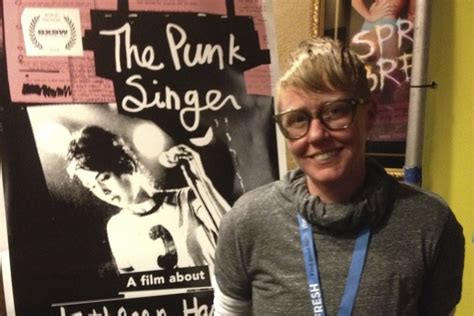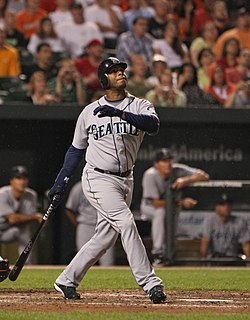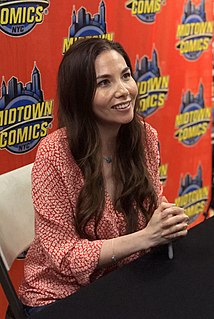Цитата Элис Уокер
В колледже у меня появились первые белые друзья-женщины; они любили меня и были верны нашей дружбе, но я понимал, как и они, что они белые женщины и что белизна имеет значение.
Связанные цитаты
Я считаю, что также следует подчеркнуть и разъяснить, что наша антагонистическая позиция состоит не в том, чтобы сказать: «Я не люблю белых» просто потому, что нам не нравятся белые люди. Это похоже на то, что мы боремся не против белого человека как такового, а против осуществления превосходства белых и формы, в которой действует белое и политика белых.
В нашем юном сознании дома, принадлежавшие женщинам, были их особым владением, не как собственность, а как место, где происходило все, что действительно имело значение в жизни, — тепло и комфорт убежища, питание нашего тела, питание нашей души. Там мы научились достоинству, целостности бытия; там мы научились верить. Люди, которые сделали эту жизнь возможной, наши главные наставники и учителя, были чернокожими женщинами.
Они хотели, чтобы чернокожие женщины соответствовали гендерным нормам, установленным белым обществом. Они хотели, чтобы другие мужчины, включая белых, признавали их «мужчинами», патриархами. Тем не менее, они не могли бы занять эту позицию, если бы черные женщины не желали соответствовать преобладающим сексистским гендерным нормам. Многие чернокожие женщины, пережившие патриархальное господство сторонников превосходства белой расы во время рабства, не хотели, чтобы над ними доминировали чернокожие мужчины после освобождения.
Я думаю, что цветные женщины используют социальные сети, чтобы наши голоса были услышаны с усилением или без усиления белых женщин. Я также думаю, что во многих случаях, когда белые женщины хотят нашей поддержки, они используют зонтик «женщин, поддерживающих женщин» и забывают, что они не оказывали такой же поддержки.
В реальной жизни я знал, что фандом состоит из женщин, цветных женщин и женщин всех возрастов. Но в издании комиксов было много белых натуралов. Меня часто раздражало то, что я была единственной женщиной на собрании или на комик-коне. К счастью, у меня были наставники, которых не ослеплял мой пол и которые говорили: «Да, мы знаем, что ты можешь писать эти книги». Так было не у всех. Что вселяет в меня большую надежду, так это то, что за восемь-девять лет с тех пор, как я начал, я увидел огромный рост.
Самое странное в моей жизни то, что я приехал в Америку примерно в то время, когда менялись расовые взгляды. Это было большим подспорьем для меня. Кроме того, люди, которые были наиболее жестоки ко мне, когда я впервые приехал в Америку, были чернокожими американцами. Они высмеивали то, как я разговаривал, как одевался. Я не мог танцевать. Люди, которые были самыми добрыми и любящими меня, были белыми людьми. Итак, что можно сделать из этого? Возможно, это было совпадением, что все люди, которые находили меня странным, были черными, а все, кто не считал меня белыми.





































